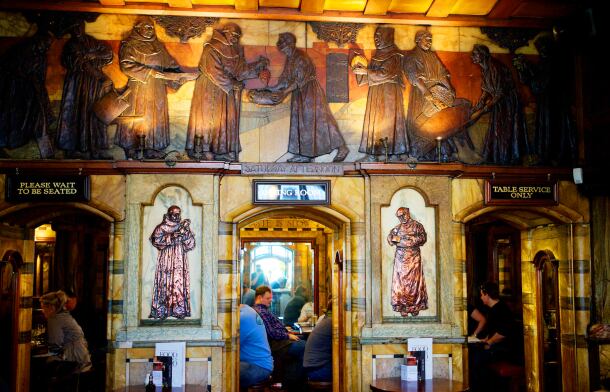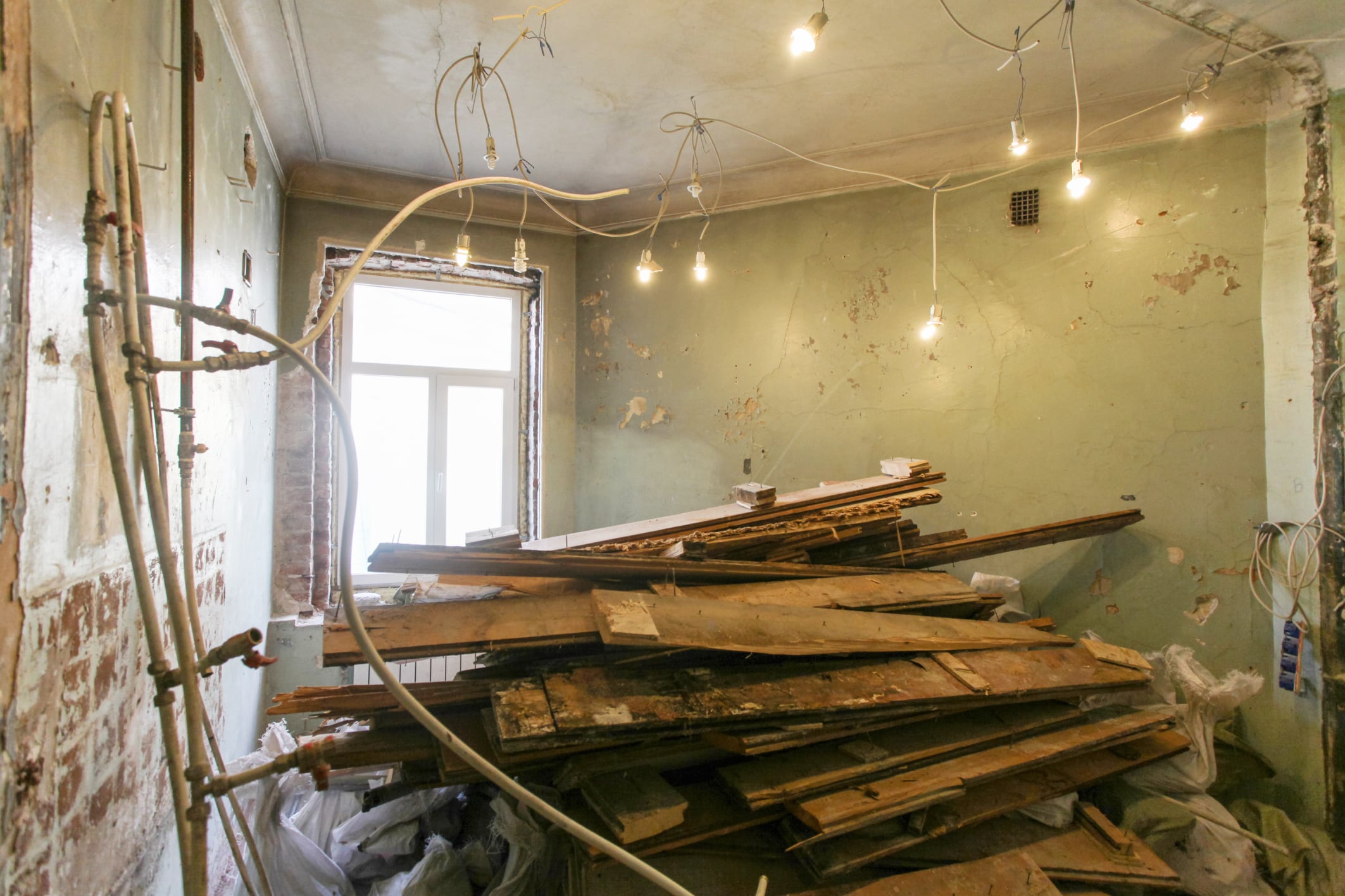Historic pubs can be among the most viable businesses in the on-trade — certainly, being able to fall back on the origins of the property itself can be an important point of difference in an increasingly congested market.
For all their quirk and intrigue, however, sometimes they need modernising and that throws up a number of hurdles that most publicans don’t have to face.
Stephen Griffiths, conservation specialist at Millson Associates, believes that licensees shouldn’t be put off by the legislative process, though: “I think the main thing that should be stressed is that pubs can be successfully altered and extended, regardless of a historical listing – you just have to go about proceedings in a more balanced way.
“You have to be mindful of what the important parts of the building are and which don’t matter so much, which takes time, an expert opinion and permission, but the end result is a particularly enjoyable pub to drink in.”
Larger alterations and extensions

When it comes to larger alterations, Griffiths points out that designs which respect the original fabric and architectural style of the building are usually accepted.
“People tend to get the wrong end of the stick with the planning legislation, but under the National Planning Policy Framework (NPPF), there is an allowance for doing some minimal “harm” to a listed building, in terms of altering it on the basis that you give it economic viability for the future.
“That’s quite an important detail because if you explain that repositioning a bar, opening up certain rooms or providing additional toilet facilities improves the economic viability of the pub — that can add significant weight to your argument.
“Particularly for rural pubs, the community value to the building is also a factor worth considering.”
He adds: “Understandably, landlords don’t always want three bars where they have to employ three staff to supervise, they want one central bar servery in which they can monitor the whole of the pub.
“Sometimes that’s not so easily achieved when there are certain interior walls in the way — it’s in these circumstances that you’re allowed a degree of flexibility in the removal of walls.”
In terms of renovating outbuildings, Griffiths is quick to point out the logic of an operational building that stops a structure remaining unused.
“You get quite a few cases, especially with agricultural buildings where they no longer have any agricultural value in terms of modern farming practices, where you can reuse old buildings to give them an added life and investment,” he says.
“How many pubs make efficient use of the barn at the back of the property? Turning them into six letting bedrooms that have been sympathetically put together is a much improved use rather than leaving them to run to rack and ruin!”
Repairs

Incremental upgrades of the building itself may appear innocuous but, in most cases, they too need permission from the relevant authority.
Griffiths explains: “Carrying out repairs is something you have to be careful about. Things like windows, in particular, are a frequent sticking point — a sliding sash window with a single glaze leaks heat, but a plastic double glazed replacement wouldn’t be allowed because it isn’t in-keeping with the style of the building.
“Functional areas like toilets and kitchens also have to be upgraded from time to time, but you have to be a careful that this process is undertaken with an eye to the listing.
“Extraction systems, for example, are a modern addition that is very much necessary, but if you put a huge flue up the back of a building that can lead to costly enforcement action to put right.”
